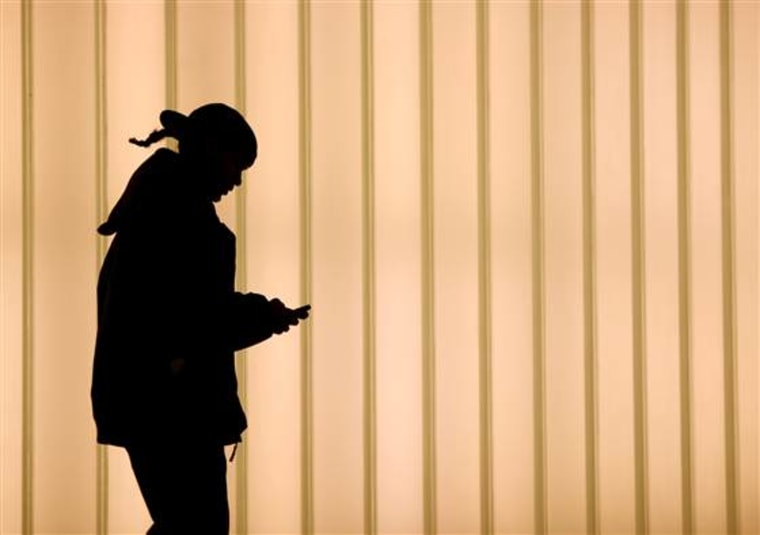The ACLU is asking an appellate court to rehear arguments in a case where it ruled that cellphone tracking is legal.
The civil liberties group is being joined by others, including the Center for Democracy & Technology, Electronic Frontier Foundation and tge Electronic Privacy Information Center, in filing an amicus brief in the case of the United States of America vs. Melvin Skinner.
Last month, the 6th U.S. Circuit Court of Appeals ruled that law enforcement officials don’t need a warrant to track suspects via cellphones. Skinner was arrested in 2006 with 1,100 pounds of marijuana in the motorhome he was driving, after law enforcement officials tracked him via one of the prepaid phones he used.
Attorneys argued to overturn his subsequent conviction, saying that the GPS location information that led to Skinner's arrest was obtained in violation of the Fourth Amendment, which guards against unreasonable searches and seizures.
The appellate court's ruling was in stark contrast to a unanimous decision by the U.S. Supreme Court earlier this year, which said that police must get a search warrant before using GPS technology to track criminal suspects. It was also the first appeals court decision about cellphone tracking after the Supreme Court's decision, the ACLU said.
In the Skinner case, where the circuit court of appeals voted 2-1 that the cellphone tracking was legal, Judge John Rogers wrote in the majority opinion that "When criminals use modern technological devices to carry out criminal acts and to reduce the possibility of detection, they can hardly complain when the police take advantage of the inherent characteristics of those very devices to catch them."
Skinner's attorneys filed a request for rehearing last week. Catherine Crump, staff attorney for the ACLU Speech, Privacy and Technology Project, said that the court of appeals should rehear the case because its decisions "undermined the privacy rights of everyone who carries a cellphone."
"Although the court framed the issue as about the 'rights of criminals,' its reasoning would deprive everyone who owns a cellphone of any Fourth Amendment protection against being tracked this way," Crump wrote on the ACLU's blog Wednesday. "This is particularly unfortunate given that the Supreme Court held earlier this year, in United States v. Jones, that when law enforcement agents wish to attach a GPS device to a vehicle to track its movements, that counts as a search under the Fourth Amendment."
Check out Technolog, Gadgetbox, Digital Life and In-Game on Facebook, and on Twitter, follow Suzanne Choney.
